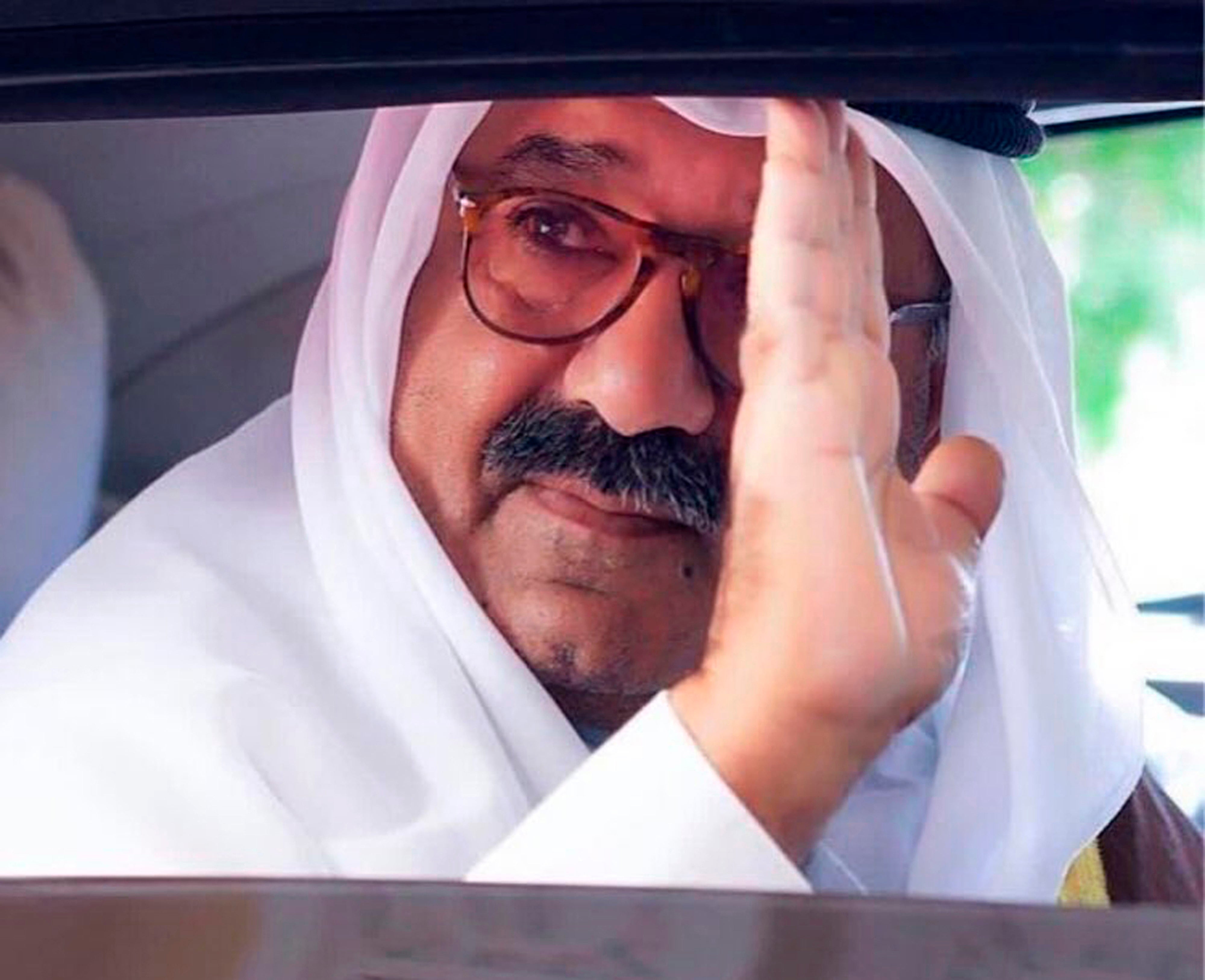Kuwait's key reformer, son of late emir, dies at 72
The eldest son of Kuwait’s late emir has died

Your support helps us to tell the story
From reproductive rights to climate change to Big Tech, The Independent is on the ground when the story is developing. Whether it's investigating the financials of Elon Musk's pro-Trump PAC or producing our latest documentary, 'The A Word', which shines a light on the American women fighting for reproductive rights, we know how important it is to parse out the facts from the messaging.
At such a critical moment in US history, we need reporters on the ground. Your donation allows us to keep sending journalists to speak to both sides of the story.
The Independent is trusted by Americans across the entire political spectrum. And unlike many other quality news outlets, we choose not to lock Americans out of our reporting and analysis with paywalls. We believe quality journalism should be available to everyone, paid for by those who can afford it.
Your support makes all the difference.Kuwait’s Sheikh Nasser Sabah Al Sabah, the eldest son of the late emir, who emerged as an influential reformer in the oil-rich Gulf sheikhdom, died on Sunday, the country’s state-run news agency reported. He was 72.
Sheikh Nasser, who held various government posts over the years including minister of defense and deputy prime minister, had been considered a top contender for crown prince following the death in September of his father, the 91-year-old Sheikh Sabah Al Ahmad Al Sabah.
Although he drew popular support for his ambitious mega-projects and anti-corruption efforts, he was passed over for his uncle, Sheikh Meshal Al Ahmed Al Jaber Al Sabah, a more cautious choice of heir apparent at a turbulent time for Kuwait’s politics and the wider region.
The KUNA state-run news agency did not specify how Sheikh Nasser died, but he was known to be in fragile health after having a lung tumor removed two years ago.
In a country that depends on oil for some 90% of its revenues, Sheikh Nasser championed bold plans to diversify Kuwait’s economy by building up a business hub with a free zone and deep sea port in the country’s north. But with many in Kuwait’s parliament committed to the status quo, his ideas repeatedly ran aground even as fears mounted that the country was falling behind its more powerful and better-developed neighbors, Saudi Arabia and the United Arab Emirates.
Last year, Sheikh Nasser’s public allegations of government corruption vaulted him into the national political scene, as he pressed for investigations into the suspected embezzlement of hundreds of millions of dollars from a military fund.
His efforts backfired when his father, the emir, ousted him from government, but he retained a substantial following and continued to make public statements about the need to fight corruption both in Kuwait’s sprawling bureaucracy and his own ruling family.